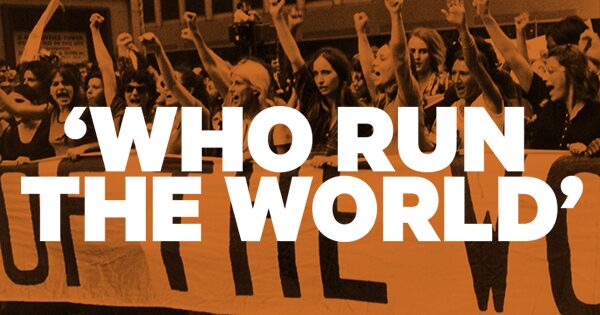We’re told the world is run by presidents, prime ministers, kings, and elected leaders. They give speeches. Their faces are on the news. They sit at big tables with flags and make decisions that affect millions of lives.
But what if that’s just part of the story?
What if the real power lies somewhere else—quieter, richer, and far less visible?
The truth is, while politicians run the stage, others run the show behind the curtain.
Let’s talk about who really pulls the strings—and why most people never see it.
Elected Leaders Come and Go. Power Doesn’t.
Every few years, we vote. A new leader takes office. They promise change, hope, reform.
But look closely. The core systems—economics, defense, energy, technology—rarely shift much.
That’s because the people truly running the world aren’t up for election. They don’t debate on TV. They don’t campaign. They don’t need to.
Real power doesn’t change with election cycles. It stays put.
The Billionaire Class: Quiet Influence, Loud Results
A handful of billionaires now have more wealth than half the planet combined. That’s not just inequality—it’s power on steroids.
Wealth buys access. It buys influence. And most importantly, it buys control over:
- Media companies
- Technology platforms
- Political campaigns
- Global investments
When someone can shape what you see, where your data goes, and who gets elected—that’s not just being rich. That’s running the world without needing a title.
And the crazy part? You probably know their brands better than their names.
Corporations Are the New Empires
Look at the top global powers today. It’s not just countries—it’s companies:
- Amazon moves more goods than many nations.
- Google shapes what billions of people know.
- BlackRock and Vanguard control trillions in assets—enough to move entire economies.
These corporations operate across borders. They answer to shareholders, not citizens. And their lobbying arms are often more powerful than entire governments.
When a corporation is too big to fail, it’s often too powerful to regulate.
And if you think laws keep them in check, remember: most laws are written with corporate lobbyists in the room.
Central Banks: Controlling Money, Controlling Everything
Think presidents set economic policy? Think again.
Central banks, like the U.S. Federal Reserve or the European Central Bank, are the real power behind the money.
They decide interest rates. They print (or withhold) cash. They trigger booms and busts with a meeting and a microphone.
And while they’re supposed to be “independent,” their decisions directly benefit certain markets, corporations, and countries.
Presidents can promise jobs or growth, but it’s central banks that hold the levers of the global economy.
Intelligence Agencies: The Shadow Governments
Every nation has them. But few truly understand how deep their influence runs.
CIA. NSA. MI6. Mossad. ISI. These are not just tools of national defense—they’re power players.
They shape foreign policy through secret deals, covert operations, surveillance, and manipulation. And because their work is classified, there’s little accountability.
History shows time and again: coups, wars, and political shifts often have intelligence fingerprints all over them.
They don’t need to be elected. They just need to operate in the shadows—where secrecy is power.
Media Giants: Telling You What to Think About
You don’t need to control the world if you control what people believe about it.
That’s the media’s role.
The biggest media companies choose:
- Which wars to show you
- Which voices to amplify
- Which facts to frame, twist, or ignore
Even “neutral” coverage is shaped by owners, advertisers, and political agendas. The goal? Keep audiences engaged, divided, and distracted.
So while you argue over headlines, the ones writing them quietly shape reality.
Big Tech: The New Gatekeepers
Social media platforms decide what trends, what gets censored, and who gets a voice.
Their algorithms don’t just show content—they influence moods, beliefs, and behavior.
When Facebook, YouTube, or TikTok tweak a setting, it can change election outcomes, spark protests, or start a panic.
That’s not just content moderation. That’s power over the global narrative.
And yet, most of these companies are run by small teams of unelected executives with zero transparency.
So, Do Presidents Even Matter?
Yes—but not as much as we think.
Presidents have influence, sure. But they often operate within a system that limits their power:
- They need corporate donors.
- They face pressure from lobbyists.
- They inherit secret deals and invisible debts.
- They rely on private intelligence briefings and reports shaped by others.
In many cases, they’re managing a machine that was built long before they arrived—and will keep running after they’re gone.
Why This Matters More Than Ever
If we don’t understand where power really lives, we can’t challenge it.
We keep fighting over politicians while ignoring the billionaires, corporations, and systems making the real decisions.
We keep blaming leaders for problems that were engineered behind the scenes.
And we keep voting, hoping for change—while the same quiet forces stay in control

